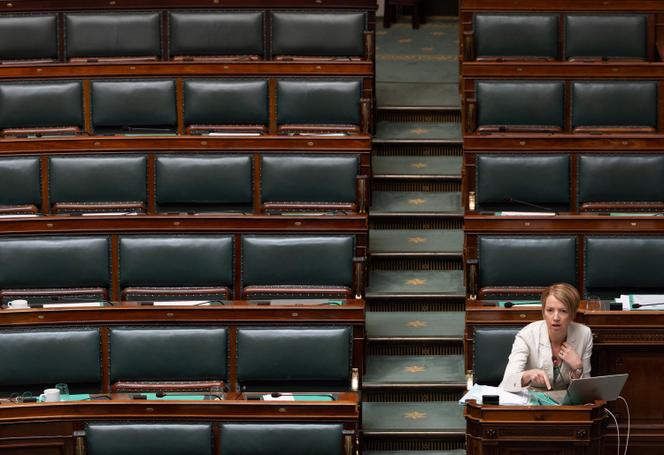

LETTER FROM BENELUX

In the Netherlands, Dilan Yesilgöz from the liberal right would like to succeed her liberal-right colleague Mark Rutte as head of government, but at the same time another prominent leader, current Deputy Prime Minister and Finance Minister Sigrid Kaag, a liberal Democrat and member of the D66 party, is leaving the cutthroat world of politics. The various threats made against her so alarmed her daughters, who feared for her life, that she decided to throw in the towel. Returning to her country in 2017, Kaag, a diplomat, feels the experience asked too much of her family. "We thought we were in a tolerant country, but our mother can no longer take to the streets alone," said one of her daughters in July.
In neighboring Belgium, there have been fewer direct threats, but several female politicians have also stepped down. Their explanations – which range from feelings of failure and powerlessness to a condemnation of the practices within the field – resonate. What's more, they are often scathing.
Valérie Van Peel, 42, seemed destined for a bright future with Bart De Wever's nationalist party, the New Flemish Alliance (N-VA). However, she will not be on the list in the spring of 2024, when the country will elect its federal, regional and European representatives. As her party's vice president, she had hoped to represent the "social" and human side of a conservative formation.
Her main concern was the plight of abused children and the many victims of asbestos pollution. While the latter are entitled to appeal to a compensation fund, they are still denied the right to take the companies concerned to court. The MP wanted to modify the statute of limitations and extend the scope of illnesses taken into consideration. In her view, the right-wing parties blocked the bill to avoid damaging the implicated companies. "This was the last straw. The political system is broken. Continuing to bang my head against brick walls is no longer healthy for me," she explained, questioning whether there was still any hope that politics could change things, and concluding, "I don't believe in it anymore."
On the other side of the linguistic "border," Catherine Fonck, from the centrist party Les Engagés, made a similar observation. A member of parliament for some 20 years and a former minister, this 55-year-old nephrologist had the reputation of being "a woman of action." In other words, she didn't rush to the microphones and cameras, and didn't reduce problems to 140-character posts on social media. For her, the Covid-19 crisis revealed a growing democratic unease. "I've witnessed a slow, gradual deterioration in the political climate, and I'm very worried to see the truth being manipulated in the name of propaganda," she said last July to the daily Le Soir, denouncing debates that often descend into "simplism, populism and, sometimes, extremism." She concluded, "I'm very worried, I don't belong in this kind of politics anymore. I say to my colleagues: 'Wake up', democracy is dying from within."
You have 45.41% of this article left to read. The rest is for subscribers only.
